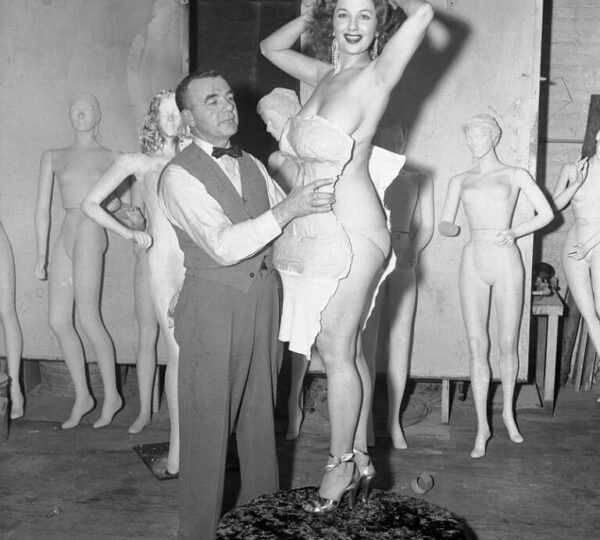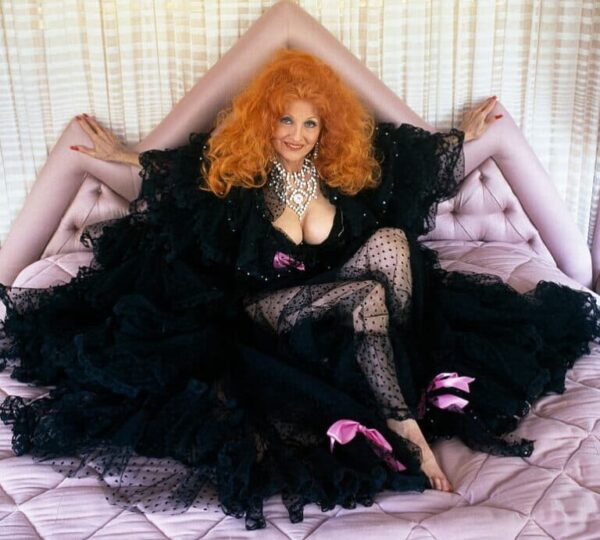With a name like Tempest Storm, it was clear from the beginning that she was destined to leave a mark—and she did, spectacularly. Born Annie Blanche Banks on February 29, 1928, in Eastman, Georgia, she entered a world marked by hardship, poverty, and a turbulent family life. Her early years were shadowed by abuse and limited opportunity, circumstances that would instill in her both resilience and a hunger for independence. By the age of fourteen, she was determined to escape the confines of her small town, embarking on a life of adventure, self-discovery, and relentless ambition.
Her first attempts at independence involved hasty teenage marriages—one to a Marine, annulled the following day, and another to a shoe salesman, which failed as her restless spirit refused to be contained. Annie Blanche was not content with ordinary life; she yearned for the bright lights and limitless possibilities of Hollywood, a world that promised glamour, recognition, and transformation.
Arriving in Los Angeles in the 1940s, she found both opportunity and reinvention. A casting agent offered her two names—Sunny Day or Tempest Storm. She chose the latter, embracing the idea of lightning over sunshine, a foreshadowing of the electrifying presence she would bring to every stage she graced. Initially working as a cocktail waitress, she discovered striptease by accident after a customer inquired whether she performed it. Though she had no prior experience, she quickly realized she possessed a rare talent: the ability to captivate an audience with a single glance, a subtle gesture, or a measured turn.

By the late 1940s, Tempest Storm was performing professionally, and by the mid-1950s, she had become one of the most prominent headliners in the burlesque world. Her performances were distinguished by elegance and artistry rather than sheer sensuality. She perfected the art of tease, using rhythm, movement, and costume to enchant and hypnotize. Rhinestones, flowing gowns, and intricate choreography became her trademarks, and she commanded her audience with the same precision that other performers reserved for musical notes or dramatic timing.







